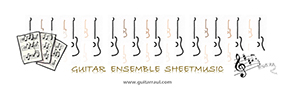Adam May
https://www.academia.edu/96875
In the early twentieth-century a combinations of elements contributed to the evolution of Brazilian popular music. The introduction of recording technology and the rise of radio were two significant factors in creating a strong interest in one of Brazil’s earliest musical genres, choro music. Both the recording industry and choro were formed in city of Rio de Janeiro, the then capital. A wave of immigration took place in Brazil in the last quarter of the nineteenth century as a result of changes in demographics in Europe and also a need to increase the population of the workforce within Brazil after the abolishment of slavery in 1885. Brazilians also migrated internally during this climate of social change, and Rio de Janeiro experienced an increase of migrants from the northern states of Brazil.
Czechoslovakian-born Fred Figner was one such immigrant to arrive in Belém, Brazil in 1891. In 1902 he founded the first commercial recording company in Rio de Janeiro Brazil ‘Casa Edison’, named after the inventor of the phonograph Thomas Edison. Prior to landing in Brazil, Figner had been in the United States where he learnt about recording technology at the National Phonograph Company. In Brazil, Figner produced and sold chapas (double-sided discs), cylinders and talking machines. He followed Emile Berliner’s technique of recording on discs. In 1902 he took out an advertisement in the Rio de Janeiro newspaper O Correiro da Manhã on August 5th…)





